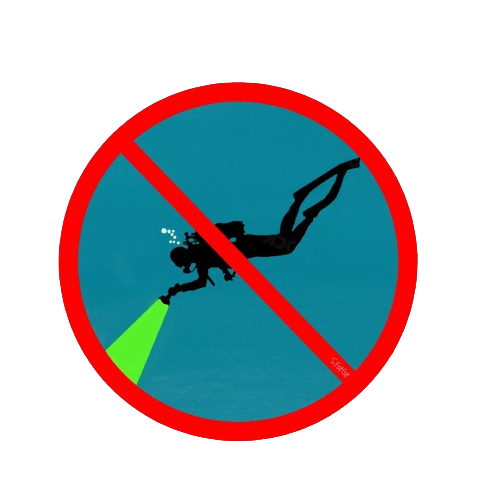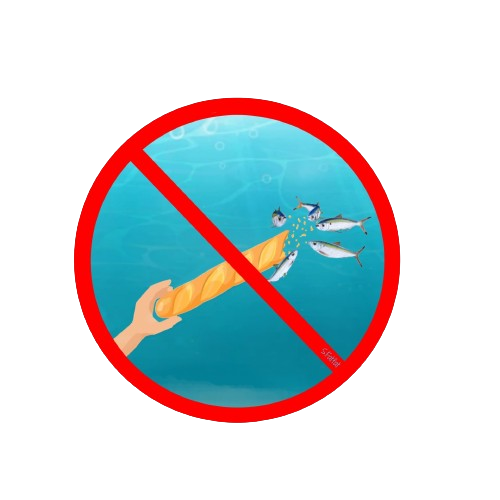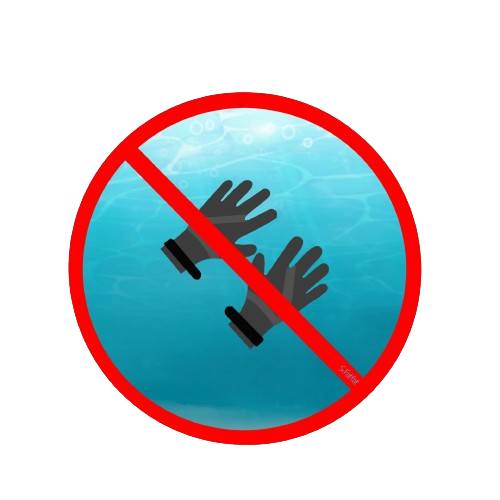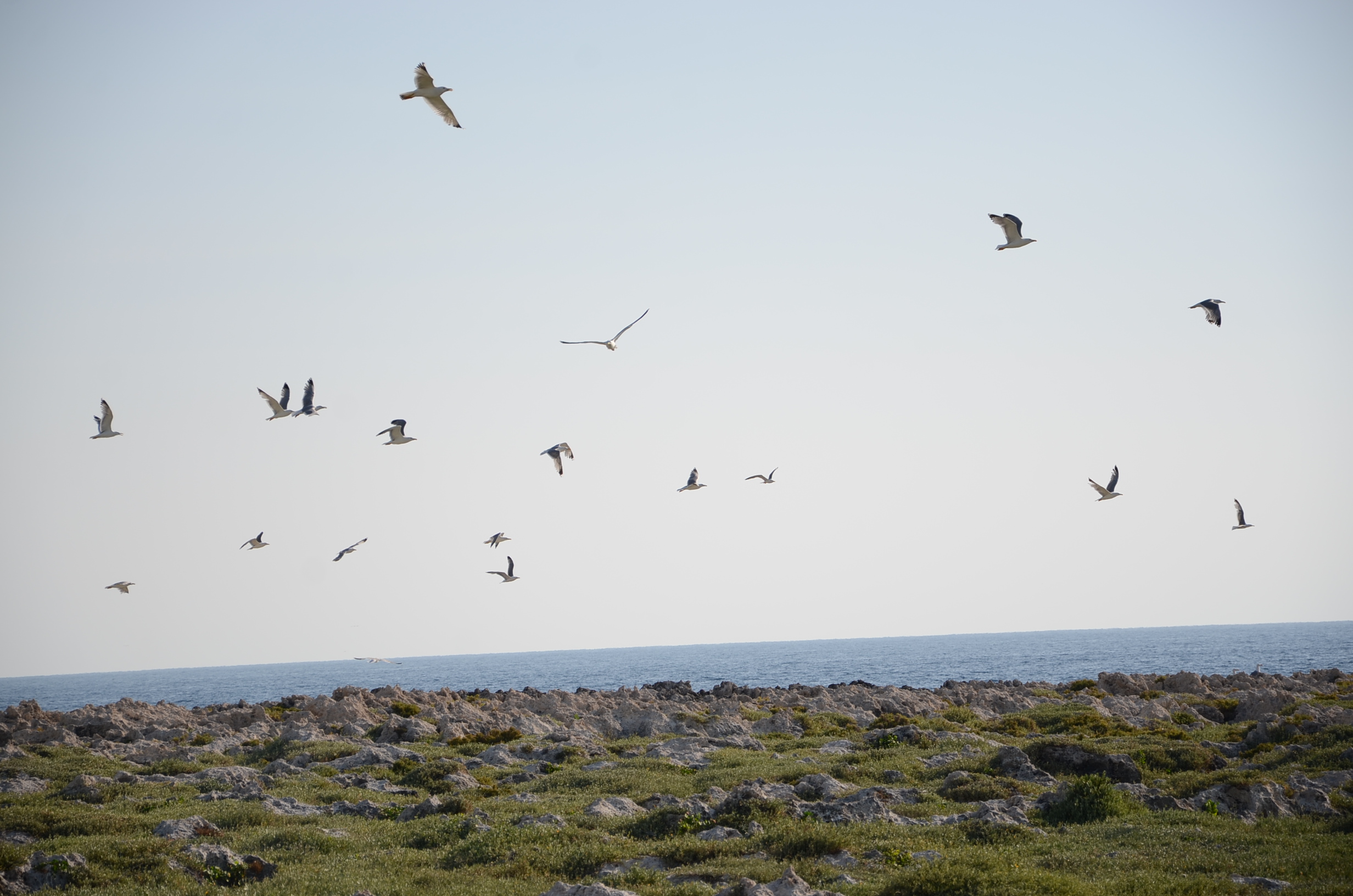Becoming a responsible diver for marine conservation involves being mindful of your actions underwater and their impact on marine ecosystems.










Education
Learn about the marine life, ecosystems, and conservation efforts in the areas you plan to dive. Understand the importance of protecting these environments.
Choose Responsible Operators
Dive with reputable operators that follow sustainable practices and prioritize marine conservation.
Practice Buoyancy Control
Maintain proper buoyancy to avoid damaging delicate corals and disturbing marine life while diving.
Minimize Contact
Avoid touching, grabbing, or collecting marine organisms, as this can harm them and disrupt their natural behaviors.
Photography and Videography
When taking photos or videos, maintain a respectful distance from marine life and corals to prevent accidental damage.
No Feeding
Do not feed marine animals, as it can alter their behavior, disrupt natural food chains, and even harm them by offering inappropriate food.
Respect No-Take Zones
Obey marine protected area rules, no-take zones, and regulations to contribute to the preservation of these areas.
Proper Waste Management
Carry out all trash, including non-biodegradable items, and avoid using products that can harm marine life, such as sunscreen with harmful chemicals.
Support Conservation Efforts
Contribute to marine conservation organizations or participate in beach cleanups and underwater clean-up initiatives.
Spread Awareness
Share your knowledge and passion for marine conservation with fellow divers and others, encouraging them to adopt responsible diving practices as well.
By being a responsible diver, you can actively contribute to the protection and preservation of our precious marine ecosystems.
